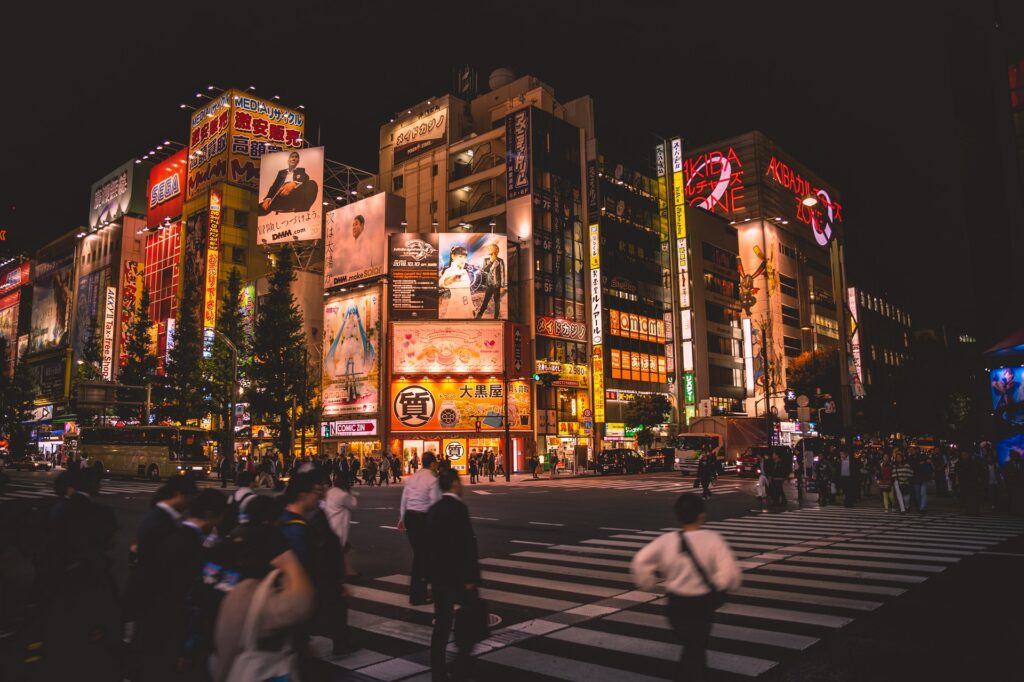Japan is stepping up its appeal to citizens and businesses to save electricity. The country is facing an energy supply shortage and escalating fuel import costs this summer. In addition, the yen has fallen sharply.
The government of Prime Minister Fumio Kishida convened a national meeting to discuss the outlook for electricity supply. The government is also preparing for tight supply in the coming months and winter. This was reported by the Ministry of Commerce.
“Power supply this summer and next winter will be very difficult.” Says Chief Cabinet Secretary Hirokazu Matsuno. “We would like to ask households and businesses to do what they can, such as turning off lights in unused rooms and hallways and turning down the temperature of the refrigerator.”
No toilet seat heating and less TV watching against power cuts
In Tokyo, residents are being asked to reduce electricity consumption. For example, citizens should watch one hour less TV or switch off the heating functions of the toilet seats.

Preparations are also being made to bring decommissioned thermal power plants back into operation. Grid operators will be helped to smoothly initiate planned power cuts, should this be necessary as a last resort. Officials will also expand efforts to promote electricity conservation measures in households.
The government will also become more involved in the procurement of fuels from overseas, especially liquefied natural gas.
Energy crisis hits Japan very hard – citizens should save electricity
The power grids are under heavy pressure worldwide this summer. Demand is rising again after the pandemic. In addition, temperatures are higher in many regions and fuel costs are rising due to the war in Ukraine. Prices on the gas and coal markets are rising worldwide. Japan is particularly exposed to the tense situation on the world market, as the country is highly dependent on fuel imports.
In the north and east of Japan, there is also a chance that temperatures will be above normal between June and August. The power grid is under additional strain due to an earthquake in March.
Japan’s power reserve ratio is expected to barely reach the minimum level of 3% next month, according to the government. This level is needed to guarantee stable supply in the Tokyo, Tohoku and Chubu areas.
